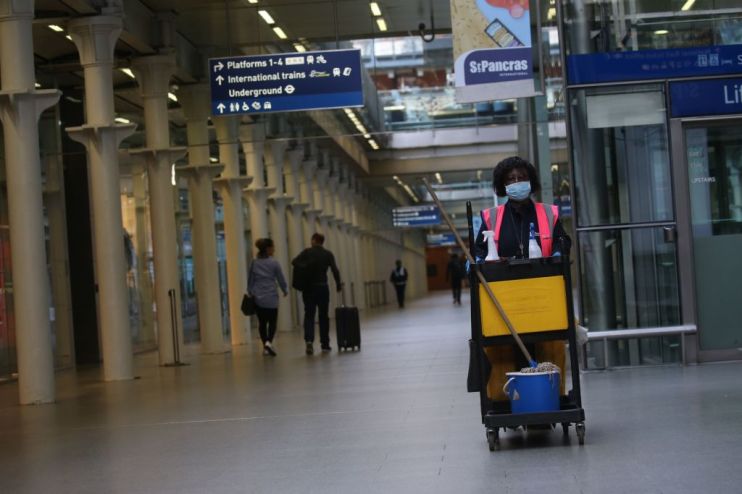DEBATE: Do we need more regulation and a ‘post-pandemic settlement’ to protect low-paid workers?

Do we need more regulation and a ‘post-pandemic settlement’ to protect low-paid workers?
Hannah Slaughter, economist at the Resolution Foundation, says YES.
Low-paid workers have been at the heart of the crisis. They are three times more likely to have stopped working as high earners, and are twice as likely to have put their health at risk by continuing to do essential work throughout the pandemic.
Their efforts are rightly applauded. But gratitude alone won’t pay the bills. These unsung heroes of the crisis deserve more than that.
So many of the things that more affluent employees take for granted — such as regular working hours, regular pay cheques, and protection against unfair dismissal — are out of reach for millions of low-paid workers. This is no way for a civilised country to treat its citizens. Our low-paid workers should have new rights to raise standards in the workplace.
Britain’s post-pandemic economy will be very different to our pre-coronavirus one. A new settlement based on more respect, higher pay, and better conditions for low-paid workers should be at least one positive change to emerge from the crisis.
Annabel Denham, director of communications at the Institute of Economic Affairs, says NO.
Until coronavirus struck, the UK’s unemployment rate was at its lowest in 45 years. Labour market flexibility was largely to thank for that.
It would be an act of self-sabotage to ramp up regulation, noble though the intention may be.
Minimum wages hit smaller businesses hardest and can increase prices for consumers – leading to decreased demand. Though firms may not react immediately to changes in labour costs, they could adjust their long-term plans by foregoing future hires, limiting opportunities at a time when millions of jobs could be lost forever.
There are legitimate concerns over the casualised nature of some work. But polls have shown that satisfaction among those on zero hours contracts surpasses those in full-time employment. Many low-paid workers actively decline to take promotions that will pay more. There are trade offs for higher pay – greater responsibility, or more rigid hours – and we should let workers be the judge.
This is the time to loosen red tape, not tighten it. The government displayed fortitude in suspending gender pay gap reporting and allowing construction sites to work longer hours. Labour market prospects are bleak. But a panoply of regulations is not the solution.
Main image credit: Getty